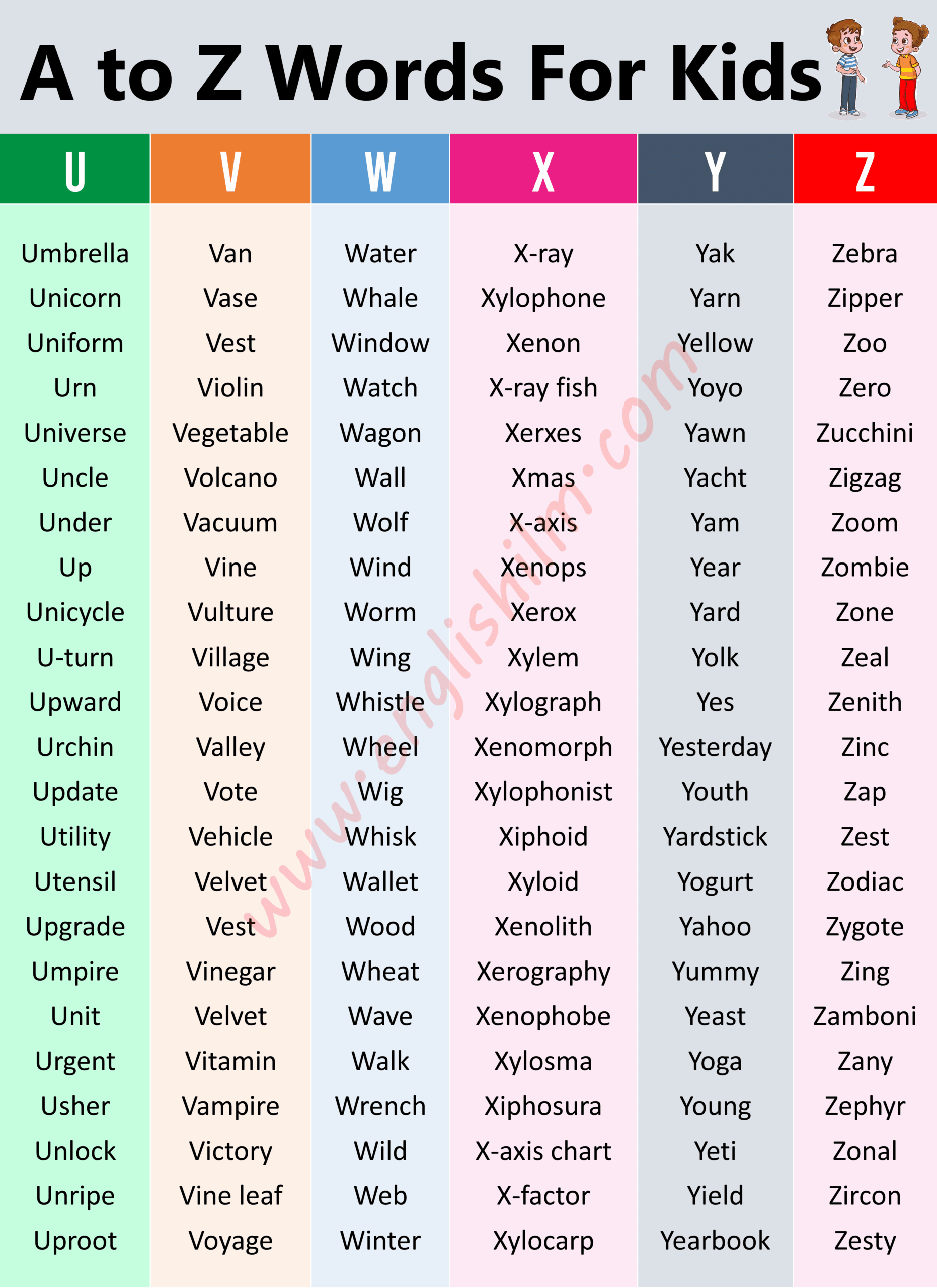As children begin their educational journey in kindergarten, it is important to introduce them to basic English words that will help build their vocabulary and language skills. These words are essential for communication and understanding in their daily interactions with teachers and classmates. By familiarizing children with these simple words, we are setting a strong foundation for their future learning and development.
Kindergarten is a crucial time for language acquisition, as children are at a stage where they are eager to learn and absorb new information. By introducing basic English words in a fun and engaging way, we can make the learning process enjoyable for young learners and help them build confidence in their language abilities.
Basic English Words for Kindergarten
1. Colors: Children can learn basic colors such as red, blue, yellow, green, and orange. Teaching colors through visual aids and hands-on activities can make the learning experience interactive and memorable.
2. Numbers: Introducing numbers from 1 to 10 can help children develop their counting and numerical skills. Using counting games and manipulatives can make learning numbers engaging and exciting for young learners.
3. Animals: Teaching children the names of common animals like dog, cat, bird, and fish can spark their interest in the natural world. Learning about animals can also help children develop empathy and an appreciation for living creatures.
4. Shapes: Introducing basic shapes such as circle, square, triangle, and rectangle can help children recognize and identify different geometric forms. Using shape puzzles and drawing activities can make learning about shapes fun and interactive.
5. Family: Teaching children the names of family members like mom, dad, brother, and sister can help them understand the concept of family and relationships. Learning about family can also foster a sense of belonging and connection for young learners.
As children explore and learn these basic English words in kindergarten, they will gradually build their language skills and develop a strong foundation for future learning. By making the learning process interactive and engaging, teachers can create a positive and enriching educational experience for young learners. Through consistent practice and reinforcement, children will become more confident in their language abilities and better prepared for academic success in the years to come.
